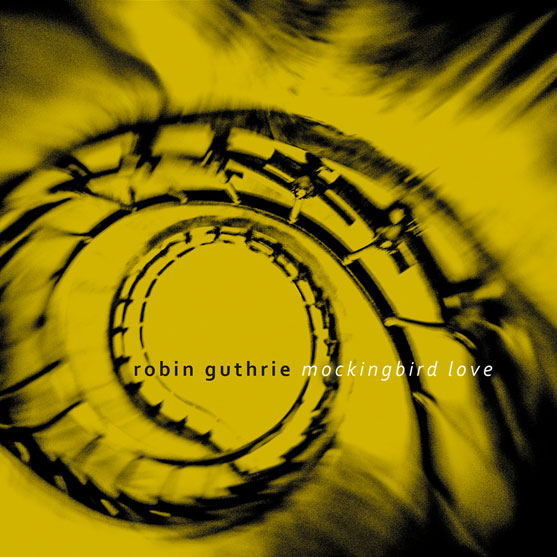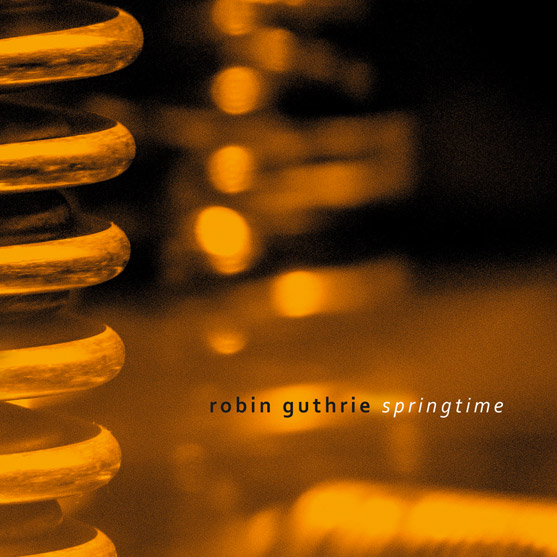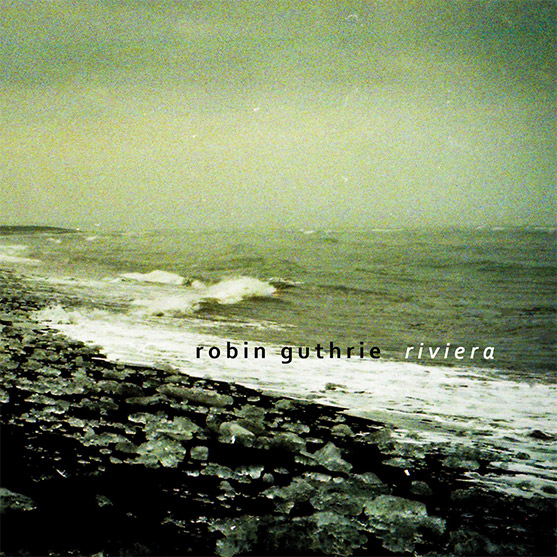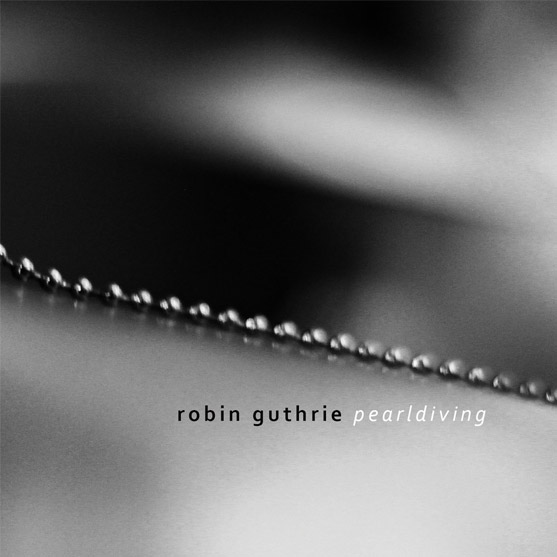Some time in 1982 or 1983 I heard New Order’s Blue Monday for the first time. I can’t exactly remember where, but I remember taping the first few minutes of that song somehow, either from a friend or the radio. I doubt it was the radio, though who knows; that’s back in the mists of time. I was living in Lusaka, Zambia at the time. They did have radio then, which sometimes played current music, but would they have played New Order? Possibly, maybe not. At any rate, I only had the first few minutes on a cassette tape that recorded along with other songs. A short time thereafter I convinced someone to play that snippet at a party. I’m not sure it was well received. Maybe that type of music hadn’t really reached Zambia yet. Still, that song stuck with me for years to come.
In September of 1983 I left Zambia, heading back to my native Norway. I’m not sure where or when I secured a cassette of New Order’s album, Power, Corruption & Lies. This was either while in Norway, or after I moved to the US; I know I bought the LP of Low-Life in 1985 in Bergen, and I’m sure I played PCL many times on my Sony Walkman prior to getting the follow-up album. Even though the world has moved to CDs and digital music and streaming, I still have this cassette, 30+ years later (the Factus 12C edition, total running time 57 minutes and 16 seconds, including Blue Monday, a song apparently not included on the original vinyl). Regardless, New Order’s music became one of the mainstays in my late teenage years, so I’m sure I had a copy while in Norway. I did buy Blue Monday on 12inch vinyl at some point, a copy that I still own, and I played this multiple times as well, so maybe I’m confusing the album and the single.
In terms of albums, I preferred Low-Life to the PCL album, though I somehow lost my vinyl record along the way and years, but there are songs on PCL that I come back to again and again. I can’t say the same for Republic and later albums; I stopped buying or listening to anything from New Order once they went into their Ibiza mode. I preferred classic New Order, especially Peter Hook’s distinctive bass sound, which in my opinion defined New Order. Hooky, as he was known, played his bass as if it was an crucial part of the sound, not just a filler. Although I’d listened to both Joy Division albums in the early 80s, I wasn’t as keen on their sound compared to New Order, even though the bass was strongly present even then. Since then I’ve come to appreciate a few of their songs that I dismissed back then.
I read at some point in the 2000s that Peter Hook left New Order, and that the split was acrimonious. At first I thought that he was a bit of a loser, a prima donna, as the band continued on without him. Their singer and guitarist, Bernard Sumner, had teamed with other musicians for successful outings, such as Electronic, so maybe Sumner was the talent behind the band. However, to me, New Order had lost its distinctive sound long before Hook left, so it didn’t seem like an important split, anyway. Other bands had gone through the same thing. Or, worse, had stopped completely, such as the Smiths, the Cocteau Twins, and more. Depeche Mode had continued after Alan Wilder left, which seemed maybe a bit like the Peter Hook split, as Wilder was a major participant in the group. Hook, I’d come to learn later, had seen his part in the band fade over time, and didn’t care for the direction of the music, or the long delays between albums, or the lack of touring.
What spurred my re-interest in New Order was a strange event. Some time during the show Stranger Things in 2016, I heard a certain song played, and I almost leapt up from the couch. “That’s Joy Division!” I said to the family in the room, drawing blank stares. One of the characters listened to Atmosphere on his Sony Walkman (or similar device), and even though it had been years since I’d heard it, I recognized it at once. Later that evening I went to my music library, and started to revisit the songs that had meant so much to me back then. I read about the “new” New Order, and Hook’s departure. I listened to interviews, read some of the articles, and also discovered the acrimonious lawsuit between Hook and his former bandmates. I learned that Hook had been playing New Order and Joy Division songs and albums with his new band. Hook, in effect, kept the history of those two seminal bands alive. The current incarnation of New Order, or the new New Order, as I saw them, played mainly newer stuff, with one or two exceptions. And, their newer stuff, well it just wasn’t as interesting. In fact, Peter Hook’s live versions, despite his rough voice early in his career, seemed more alive than any new New Order songs. His band’s versions of classic New Order songs like Ceremony and The Perfect Kiss recorded during the recent lockdown are instant classics.
In 2020, new editions of Joy Division albums, 12″ singles, and some New Order albums were released, including the “definite” edition of their album, Power Corruption and Lies. This set includes vinyl, CDs, and DVDs and comes in a handsome box. It’s an expensive set, an indulgence, but what an experience. Along with the music is an oversize book with stories and ,lots of photos. Many of these are of the band in happier times, before the success, the drugs, the split.
I wonder these days how that quartet, some of then who used to be best friends, no longer get along. Then again, there are many such scenarios. That’s life. Morrissey and Marr will never re-unite. Liz Fraser and Robin Guthrie forever will remain apart socially and musically. Some bands are forever, some flame out quickly, and others turn inward into civil wars. Still, for one brief moment, New Order meant something, revolutionized music.
Power Corruption and Lies, as I listen to it again, contains a few slight clunkers, but several classics: “Age of Consent,” with it vibrant bass, jangling guitar, and persistent drumming opens the album. “We All Stand” brings it to a halt. “The Village” jump-starts it once more, an almost upbeat sound. Starting slow, to the point where I almost want to edit out the first few minutes, “5 8 6” pulses out powerful sounds around the two-minute mark. “Your Silent Face” and the closing track were my favorites; the former is hypnotic and synth-heavy, and as to the latter, I tended to skip “Ultraviolence” and “Ecstasy” so I could be enveloped in the the depressing but memorable “Leave Me Alone.”
The music of our teenage years remain a part of one’s soul. Not everything we heard and cared for back then retains the same meaning and importance later in life. Sometimes we get stuck in nostalgia, I guess. Sometimes we set aside those sounds and try to forget them. Listening to PCL again after all those years in this remastered version brings back all those memories. New Order may never be the same, may never re-capture their influence as back then, but like flies trapped in amber, their sound from 1983 will be re-discovered again and again.



